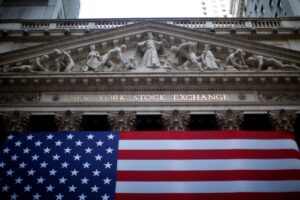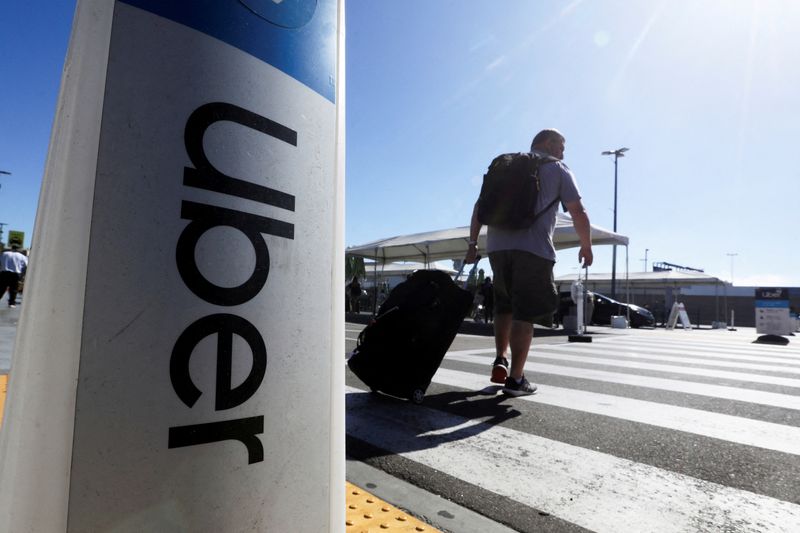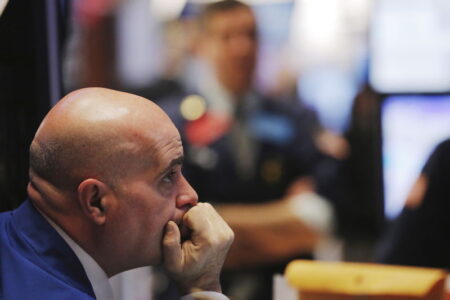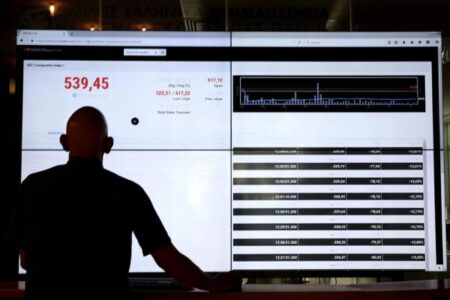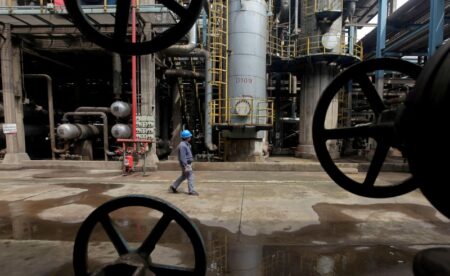Investing.com – The California Supreme Court upheld the constitutionality of Proposition 22 (Prop 22) on Thursday, the voter initiative that allows gig economy companies like Uber Technologies Inc (NYSE:), LYFT Inc (NASDAQ:) and DoorDash Inc (NASDAQ:) to classify their drivers as independent contractors rather than employees.
Analysts from Jefferies have weighed in on the ruling, outlining its potential impacts on these companies’ financials and market performance.
Background on Prop 22: Prop 22, a California ballot measure approved by voters in 2020, was designed to exempt app-based gig workers from Assembly Bill 5 (AB5). AB5 would require companies to reclassify drivers as employees, thereby subjecting them to California’s minimum wage, overtime, and full benefits regulations. However, in August 2021, a lower court judge deemed Prop 22 unconstitutional, a ruling that was later overturned by a three-judge panel in the California Court of Appeals in March 2023. The Supreme Court of California heard oral arguments in May and will issue its ruling today.
Financial Implications: According to Jefferies, if Prop 22 had been repealed, the additional costs for Lyft , DoorDash, and Uber could have been substantial by 2025. They estimated added costs of around $300 million for Lyft, $1 billion for DoorDash, and $1.1 billion for Uber. These expenses would have represented approximately 1.8%, 1.1%, and 0.6% of bookings and would amount to about 65%, 40%, and 10% of each company’s projected 2025 EBITDA, respectively.
Jefferies analysts suggest that these companies have multiple ways to mitigate these potential financial burdens. Assuming 90% of the additional costs could be passed on to consumers through higher fees, and considering a 0.5 consumer price elasticity, the net EBITDA impact would be significantly reduced. Jefferies projects that the additional costs could be offset by approximately 85%, leading to a net EBITDA decline of about $50 million for Lyft, $150 million for DoorDash, and $160 million for Uber, equating to 10%, 6%, and 2% of their respective projected 2025 EBITDA. However, increased fees might reduce long-term consumer adoption in California.
Market Reactions and Projections: During oral arguments, three Justices hinted at constitutional requirements to share lawmaking authority with the electorate, indicating strong support among the seven-member panel for Prop 22. With the Supreme Court’s ruling in favor, Jefferies anticipates a positive market reaction for the impacted stocks.
Applying their price target (PT)-implied 2025 EV/EBITDA multiples—11x for Lyft and 25x for both DoorDash and Uber—to the estimated EBITDA offset, Jefferies projects a potential increase in share values. They estimate the ruling could add roughly $1.25 per share for Lyft, $8.25 per share for DoorDash, and $1.80 per share for Uber. This represents about 10%, 8%, and 3% of their respective closing prices as of the previous day. However, Jefferies anticipates that the actual stock reaction might be smaller, as current valuations likely already consider some probability of a favorable ruling, particularly after the Justices’ comments during oral arguments.
Read the full article here




